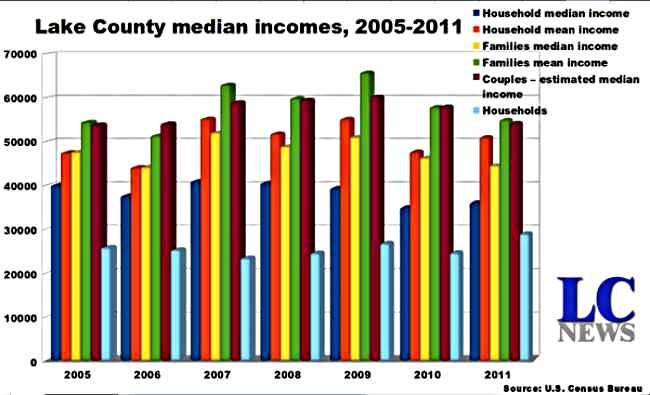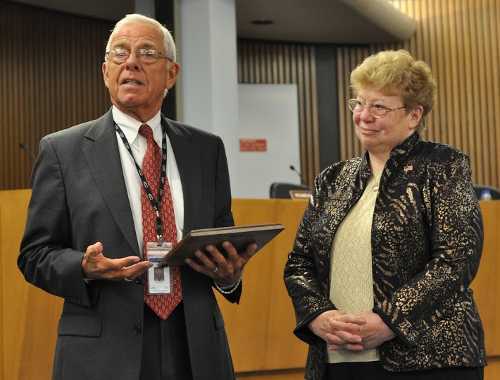LAKEPORT, Calif. – The trial of a former Maine resident accused of murdering a couple from his home state in early 2010 is set to begin next week.
Robby Alan Beasley, 32, will stand trial for the murders of of Frank and Yvette Maddox, who he is accused of shooting on Jan. 22, 2010.
Senior Deputy District Attorney Art Grothe said jury selection is tentatively scheduled to begin Oct. 17, and is estimated to take about two weeks. Grothe said he anticipates the trial will start the first week of November.
Beasley is facing two counts of murder, and special allegations of committing multiple murders in the first or second degree, committing the offenses with the intent to inflict great bodily injury on the victims and using a 9 millimeter firearm.
Beasley had moved from Maine to Clearlake at the invitation of his friend, Elijah Bae McKay, 30 – also originally from Maine – with the men allegedly involved in growing and trafficking marijuana.
McKay is facing the same charges as Beasley in the case, but the two won’t stand trial together, said Grothe.
Regarding McKay’s case, Grothe, said, “The official status with McKay is it is trailing with no trial date set.”
McKay is due to testify in Beasley’s trial, just as he did at the early 2011 preliminary hearing, in which he recounted giving Beasley a gun to protect himself because the Clearlake apartment where Beasley was growing marijuana had been burglarized.
Several pounds of marijuana were stolen during that burglary, and the prosecution alleges that Beasley believed the Maddoxes were involved in the theft.
McKay also testified that the Maddoxes' shootings occurred at a turnout on the side of Morgan Valley Road outside of Lower Lake after Beasley allegedly tricked them into driving down the road, believing they were taking him to the airport.
Beasley allegedly shot each of them multiple times and drug their bodies down an embankment, according to McKay’s testimony. The bodies were discovered by passersby a few days later, according to law enforcement.
If convicted of all charges, Beasley would face life without the possibility of parole, Grothe said.
Last week the trial was assigned to Judge Andrew Blum, who presides over Lake County Superior Court’s Department 3.
The decision to hand the case to Blum followed by just a few days the filing by the District Attorney’s Office of a preemptive challenge against Judge Stephen Hedstrom presiding over the trial.
The motion said that Hedstrom was “prejudiced against the interests of the People of the State of California.”
Defense attorney Stephen Carter, who was served with the motion early last week, questioned the district attorney’s action in seeking to keep Hedstrom from taking the case.
“I can think of no reason why Judge Stephen Hedstrom would be biased or prejudiced against either the prosecution or my client,” said Carter.
Grothe deferred comment about the reasons for the motion to District Attorney Don Anderson, who would not go into the specifics of the decision.
“There’s a lot of different considerations in preparing for trial,” he said.
Anderson said they believed it was in the best interest of the prosecution to exercise the challenge, but added, “Hedstrom is a very good judge. We like working with him.”
The attorneys currently are handling the final legal steps necessary for the trial to take place.
“We are in the pretrial stages where we’re resolving as many evidentiary issues as we can ahead of time,” said Carter.
As to the delay in the case coming to trial, “It was a combination of both defense counsel and myself having other cases,” said Grothe.
“It’s not that long, considering it’s a double homicide,” said Grothe.
Carter has had a number of major trials running back to back. He has had a lot of experience with homicide cases in his career, and explained that the cases require time and care.
“The majority of them take an exceptionally long time to investigate and prepare for trial because of the complexity of the issues involved, usually the depth of the evidence and investigation, as well as the sheer volume of reports and other discovery that we receive from the DA’s Office in a homicide,” Carter said.
Carter added, “Each case is different, though, and our attitude toward preparation of any case is to make sure that we’re both sufficient and extremely thorough, so each case takes how long it takes to do it properly.”
Email Elizabeth Larson at This email address is being protected from spambots. You need JavaScript enabled to view it. .












